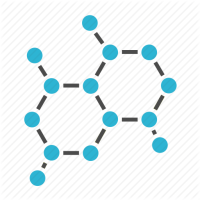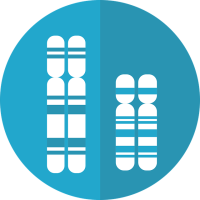Decoding behavioral signifiers for choice and memory can have far reaching implications for understanding actions and identifying disease. We use a four arm maze where we are able to observe choices and infer memory in mice, but have access to very few pre-determined behavioral signifiers. Several recent publications implemented computer vision to extract a variety of previously unreachable aspects of behavioral analysis, including animal pose estimation (Mathis et al., 2018) and distinguishable internal states (Calhoun et al., 2019). These descriptions allowed for the identification and characterization of dynamics, which then revealed an unprecedented richness to the behaviors that determine decision making. Applying such computational approaches to examine behavior in our maze in the context of behaviors that have been validated to measure choice and memory can reveal dimensions of behavior that predict or even determine these psychological constructs. DSI scholars would use pose estimation analysis to evaluate behavioral signifiers for choice and memory and relate it to our real time concurrent measures of neural activity and transmitter release. The students would also have opportunity to examine the effect of disease models known to impair performance on our maze task on any identified signifier.






